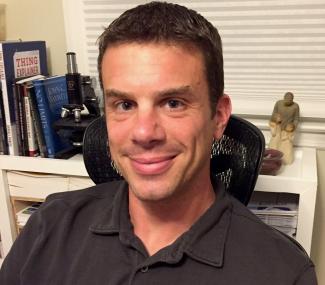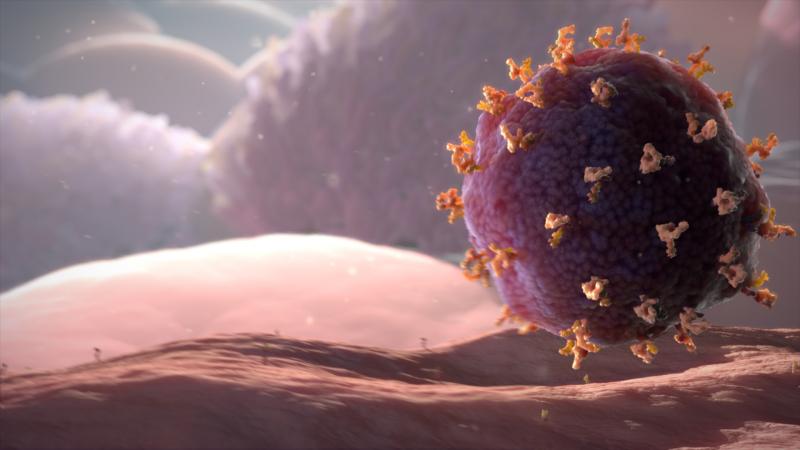David S. Garbe

David is the Director of the McKinney Center for STEM Education, an initiative to ensure that all Philadelphia students graduate from high school with strong STEM skills. David formerly served as the Director of Outreach and Education for the Pennsylvania Society for Biomedical Research. David has a Bachelor of Science degree (BS) in biology and a Doctor of Philosophy degree (Ph.D.) in cell and molecular biology. David told the VMP how working as a research assistant in a cancer lab greatly influenced his career path.
How did you first become interested in science?
I was always interested in science throughout high school, specifically biology. Like many students who enjoy the life sciences, I thought I wanted to go to medical school. So, I entered my undergraduate studies as a pre-med student. While in college, I took many lab-based science classes and even performed an independent research project. However, it was not until I started working as a research assistant in a cancer lab after college did I truly fall in love with doing scientific research. This experience told me that I no longer wanted to go to medical school and instead decided to go to graduate school in a biomedical science program.
Who is your science hero?
I don’t think I have a have a “science hero” to be honest! If I had to choose, it would most likely be Thomas Hunt Morgan and his studies with Drosophila (fruit flies - my favorite animal research model). Seymour Benzer, and his work as a behavioral neurogeneticist (yes, once again with fruit flies) is also quite inspiring!
Did anyone or anything in particular spark your interest in science?
I love 1) the ability to ask questions that investigate the most basic biological processes and then 2) be able to perform experiments that attempt to figure out an answer (most of the time).
What is your favorite part of your job?
My favorite part of being a scientist is having the ability to ask really important questions and then having the freedom to do your investigations. Once you have an answer, for a very brief moment in time, you are the ONLY one that knows that new piece of information. To me, this is very powerful and invigorating.
What current scientific discovery or project are you most excited about?
CRISPR. This discovery has the power to transform medicine and patient care. However, it also comes with various ethical considerations that must be addressed as the technology moves forward.

